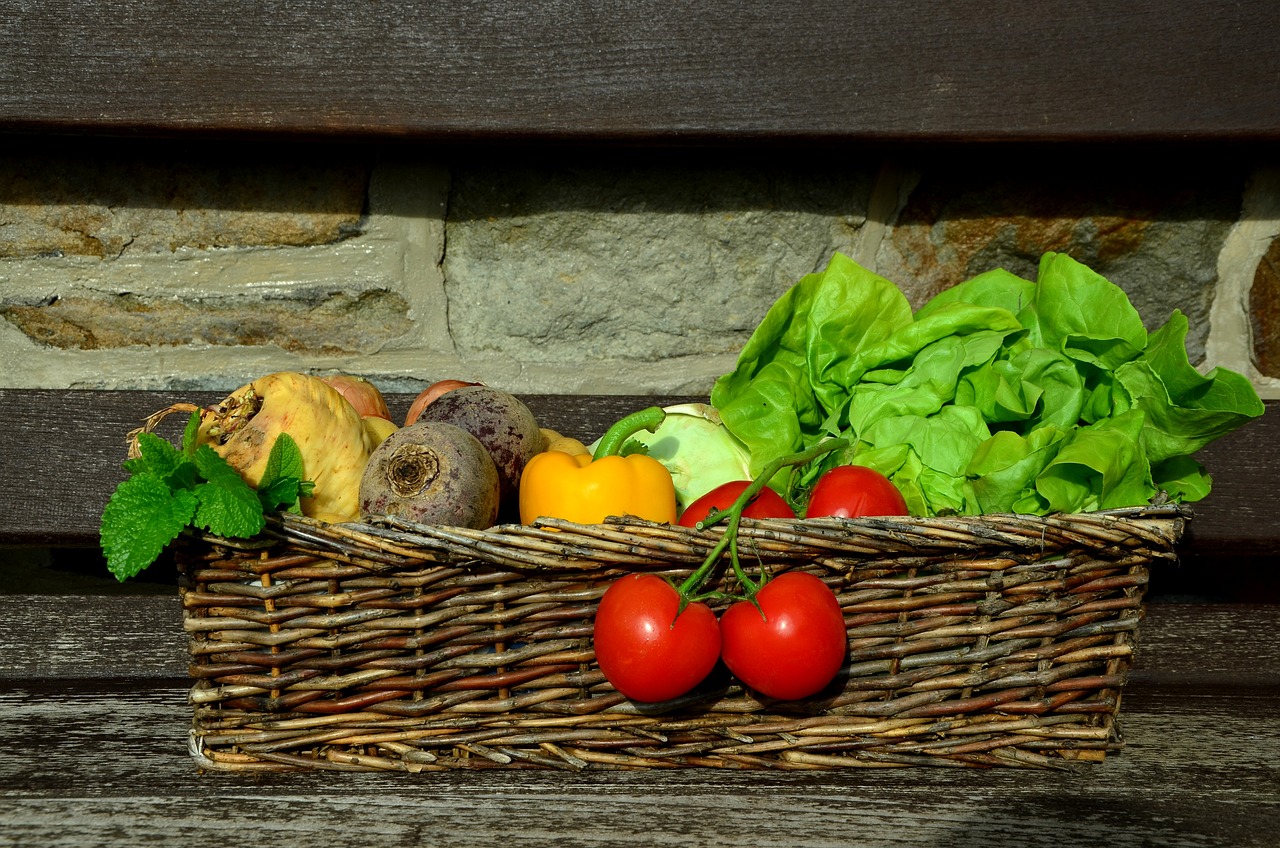Exploring the Role of Meat Processing in Urban Food Systems: Betbhai247, Playexch live, Gold365
betbhai247, playexch live, gold365: When we think about urban food systems, we often focus on supermarkets, restaurants, and farmers markets. However, one key component of urban food systems that often goes overlooked is meat processing. Meat processing plays a crucial role in providing urban consumers with a variety of meat products, from steaks and sausages to deli meats and jerky. In this article, we will explore the role of meat processing in urban food systems and how it impacts our food choices and the environment.
The Process of Meat Processing
Meat processing involves a series of steps to convert raw animal products into consumer-ready meat products. These steps include slaughter, butchering, packaging, and distribution. Each step requires specialized equipment and knowledge to ensure that the meat is processed safely and efficiently.
One important aspect of meat processing is food safety. Meat processing facilities must adhere to strict guidelines set by regulatory agencies to prevent contamination and foodborne illnesses. This includes maintaining proper hygiene practices, monitoring temperatures, and conducting regular inspections.
Meat processing also involves value-added processes, such as marinating, smoking, and curing. These processes enhance the flavor and texture of the meat products, making them more appealing to consumers. Value-added processes can also extend the shelf life of meat products, reducing food waste.
The Impact of Meat Processing on Urban Food Systems
Meat processing plays a significant role in urban food systems by providing consumers with a wide variety of meat products. In urban areas, consumers have access to a diverse range of meats from different animals, cuts, and preparation methods. This variety allows consumers to choose products that align with their preferences and dietary needs.
Meat processing also supports local economies by creating jobs and generating revenue. In urban areas, meat processing facilities employ a large number of workers, from butchers and packaging technicians to sales and distribution teams. These jobs provide employment opportunities for local residents and contribute to the overall economic growth of the community.
Additionally, meat processing contributes to food security by ensuring a stable supply of meat products to urban consumers. By processing and distributing meat products efficiently, meat processing facilities can meet the demand for meat in urban areas, even during times of shortages or disruptions in the food supply chain.
The Environmental Impact of Meat Processing
While meat processing is essential for providing consumers with meat products, it also has environmental implications. Meat processing facilities consume large amounts of water and energy to operate, contributing to water pollution and greenhouse gas emissions. Additionally, the transportation of meat products from processing facilities to urban markets results in carbon emissions and air pollution.
To mitigate the environmental impact of meat processing, some facilities are implementing sustainable practices, such as water recycling, energy-efficient technologies, and waste reduction strategies. These practices help reduce the carbon footprint of meat processing and minimize environmental harm.
FAQs
Q: Are all meat processing facilities the same?
A: No, meat processing facilities vary in size, specialization, and processing methods. Some facilities focus on specific types of meat products, such as sausages or bacon, while others process a wide variety of meats.
Q: How can consumers support sustainable meat processing practices?
A: Consumers can support sustainable meat processing practices by choosing meat products from facilities that prioritize environmental stewardship, such as using organic or locally sourced ingredients and minimizing waste.
Q: What are some challenges facing meat processing facilities in urban areas?
A: Some challenges facing meat processing facilities in urban areas include regulatory compliance, labor shortages, and increasing energy costs. These challenges can impact the efficiency and sustainability of meat processing operations.
In conclusion, meat processing plays a crucial role in urban food systems by providing consumers with a variety of meat products, supporting local economies, and ensuring food security. While meat processing has environmental implications, facilities can adopt sustainable practices to minimize their impact on the environment. By understanding the role of meat processing in urban food systems and supporting sustainable practices, we can ensure a reliable supply of high-quality meat products for urban consumers.







